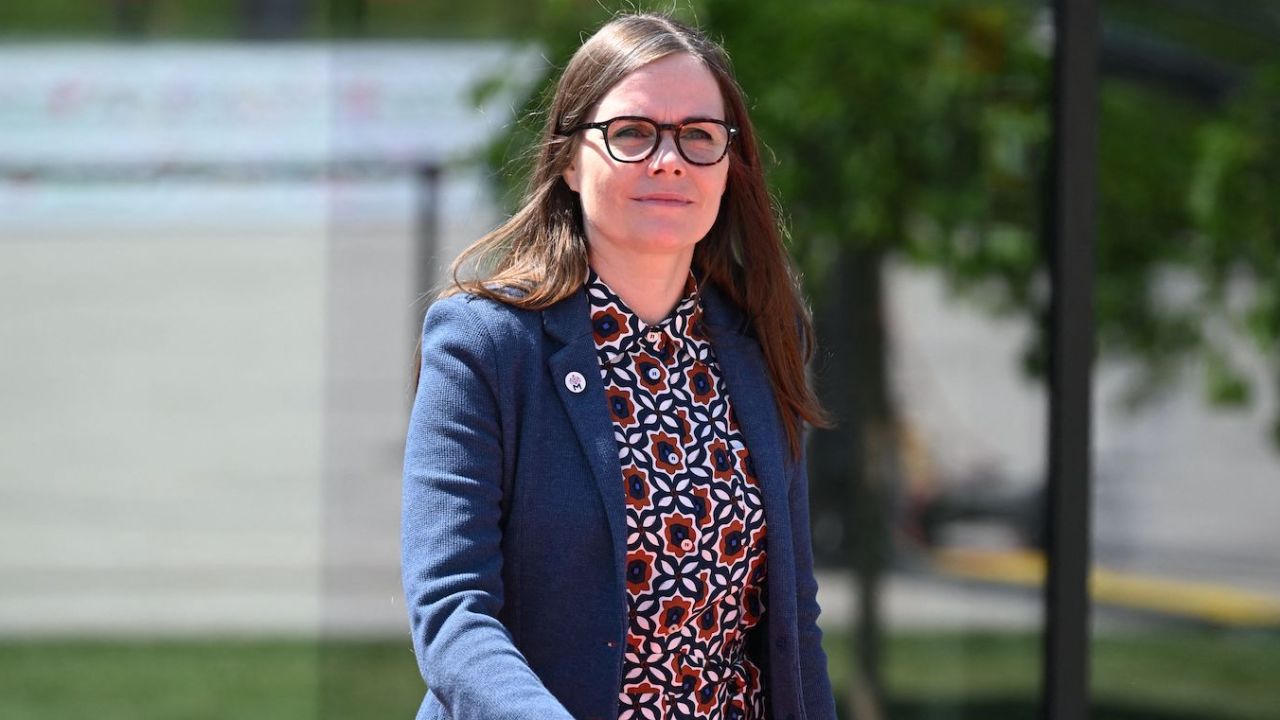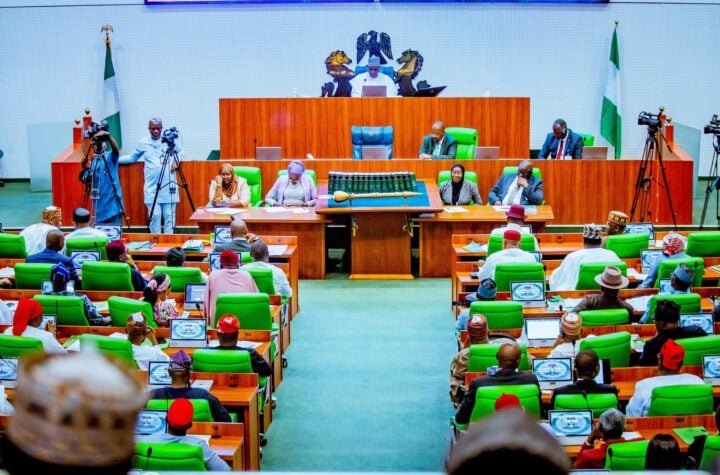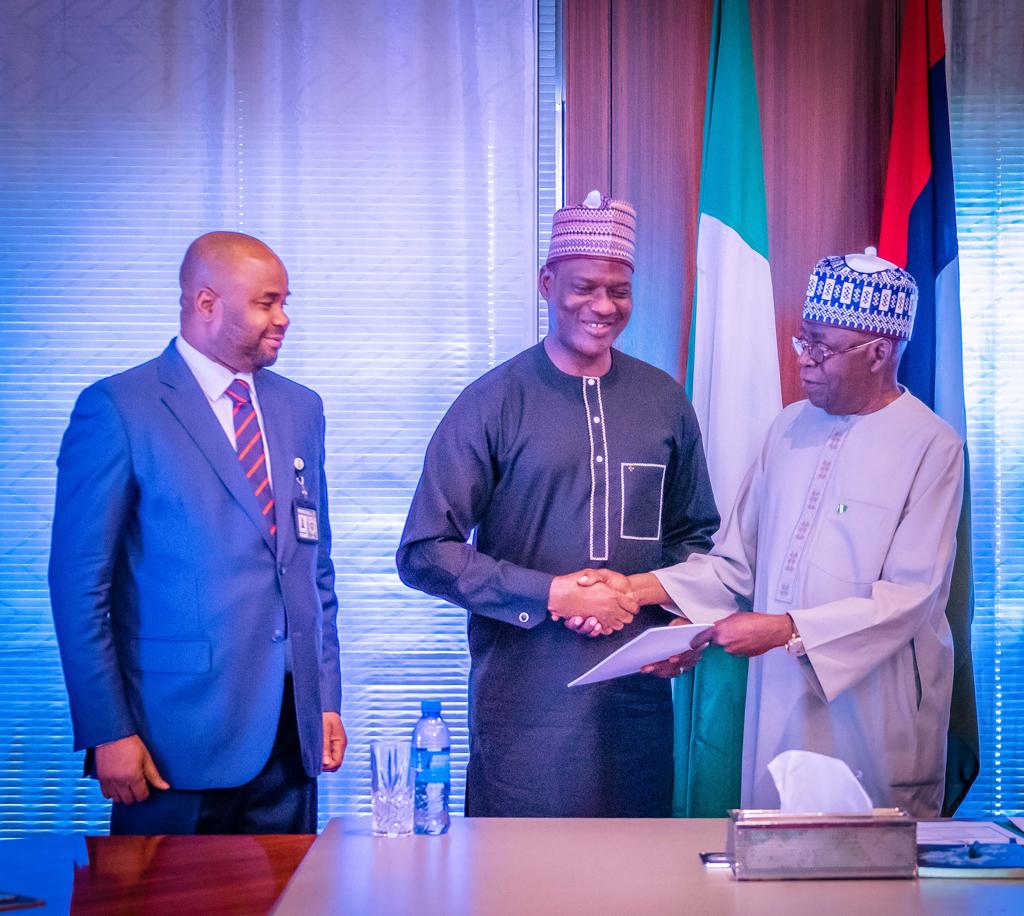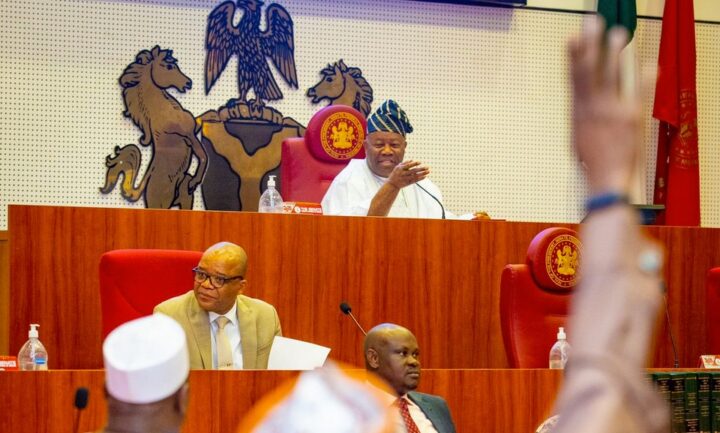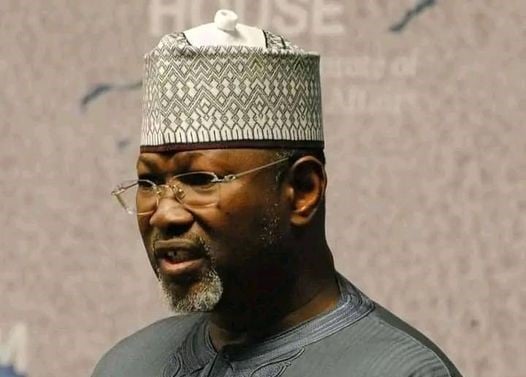Katrín Jakobsdóttir, Iceland’s prime minister, has joined thousands of women in the country who have embarked on a strike to protest unequal pay.
The strike taking place on Tuesday will mark the first full-day women’s strike since 1975, when 90% of Icelandic women refused to work.
The strike prompted the country’s parliament to pass an equal pay law the following year and paved the way for Vigdís Finnbogadóttir, former Icelandic president, to become the world’s first female elected head of state in 1980.
However, organisers of the latest strike, some of whom took part in the 1975 strike, say the core demand for women’s work to be valued remains unmet 48 years on.
Advertisement
Fields in which women form the majority of workers in the volcanic island, such as healthcare and education, are especially affected.
“I will not work this day, as I expect all the women [in cabinet] will do as well,” Jakobsdóttir said.
The prime minister added that her government is looking into how female-dominated professions are valued, in comparison to fields traditionally dominated by men.
While no country has achieved full parity, Iceland is the only country to have closed more than 90 percent of the gender gap.
Advertisement
The latest World Economic Forum (WEF) report named Iceland the most gender-equal country in the world for the 14th consecutive year.
The report said the country has closed both healthcare and education gaps — and has integrated more women into the economy and the labour force, including into positions of leadership and STEM professions.
Speaking on the walk, Freyja Steingrímsdóttir, one of the strike organisers and communications director for the Icelandic federation for public workers, said Iceland, despite being an “equality paradise” is living below its expectations, adding that the country “should not have a 21% wage gap and 40% of women experiencing gender-based or sexual violence in their lifetime”.
“That’s not what women around the world are striving for,” Steingrímsdóttir said.
Advertisement
According to the WEF report, it will take 169 years to close the global economic participation and opportunity gender gap.
Add a comment
